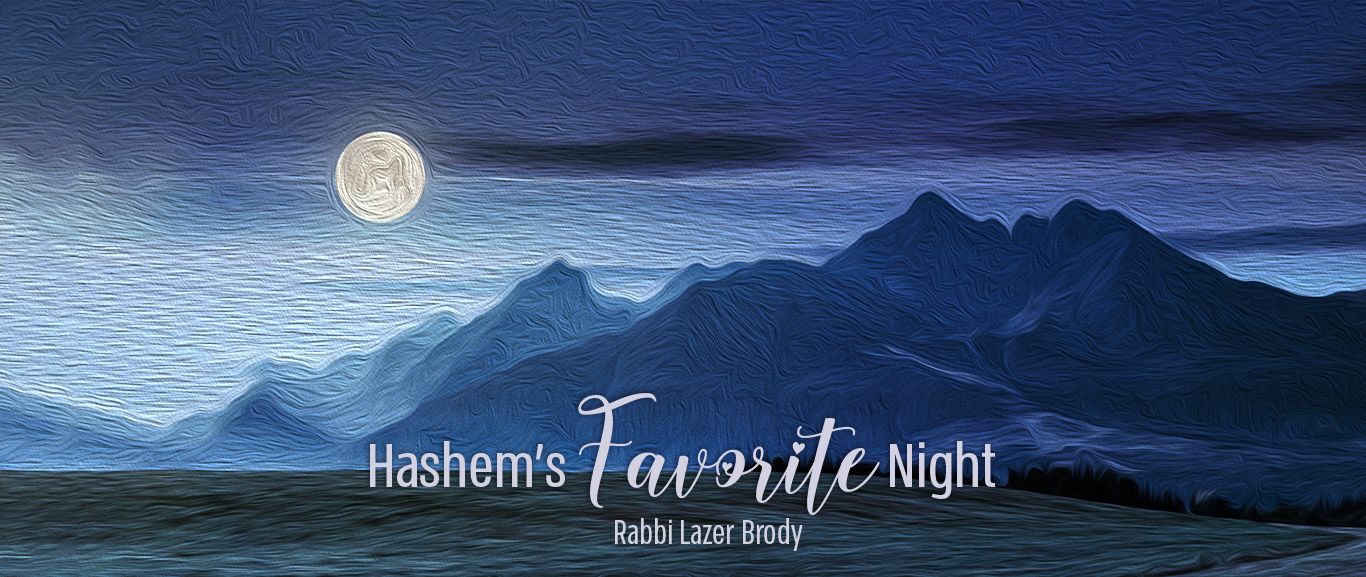
Hashem’s Favorite Night
What's the secret of Seder night? Why is a person so protected that he doesn't even need to say Kriyat Shema before going to sleep?

“This night is protected from the forces of evil” (Rama, Shulchan Aruch, Orach Chaim 481:2).
The Torah describes Seder night as a “night of protection” (Shemot 12:42), when God personally took His beloved children of Israel out of Egypt. The Midrash interprets the original Hebrew lail shimorim (night of protection) two different ways: First, it is a “reserved” night, since God redeemed Israel from bondage on the night of the 15th of Nisan, He reserves this same night to redeem his children Israel in the future (Yalkut Shimoni, Bo, 210). Second, it’s a “protected” night (ibid), since God’s divine presence repels all mazikim, the dark-side forces of evil.
“Night of protection” is no mere homiletic catchphrase; it’s anchored in religious law! The Abridged Code of Jewish Law (119:9), in explaining how to perform the latter part of the Seder, writes: “After grace following the meal, we pour the fourth cup. According to custom, we open the door in remembrance that tonight is a protected night and we fear nothing.”
What’s the secret of Seder night? Why is a person so protected that he or she doesn’t even need to say Kriyat Shema before going to sleep (ibid)? With God’s grace, the following parable will explain why:
The King was furious at his servants. One spilled the King’s best wine all over the monarch’s new white velvet robe. A second served the King “sweetened” tea with three teaspoons of salt instead of sugar. A third left a straight pin in the King’s new shirt that painfully pricked His Majesty in the arm. A cloud of premonition descended upon the palace. The servants trembled in apprehension of the King’s wrath.
The trusty butler summoned the palace musicians. The King craved music, especially the delightful string-instrument arrangements of his beloved musicians. “Go into the King’s chamber and begin playing – don’t stop even if your fingers fall off! Only you can placate the King,” said the butler with urgency.
All eyes were cast on the musicians: The violin laughed while the cello cried; the viola tiptoed on the upper octaves to the King’s delight, while the bass fiddle maintained a steady and soothing tempo that relaxed the King’s soul. Enchanted by the exquisite strains, the King put all other matters aside to fully enjoy the music. Gradually, a gratifying smile replaced the monarch’s frown.
The musicians had saved the day. The King not only pardoned the servants, but declared a palace holiday in honor of his wonderful string quartet.
The string quartet is symbolic of the four sons. On Seder night, even the wicked, the simple, and the timid sons join their wise brother in singing God’s praise and relating the story of our exodus from bondage in Egypt. Such “music”, when all four sons join in, is indescribably gratifying to God, the King of all kings.
On Seder night, every Jew speaks to God. Rebbe Nachman of Breslev explains (Sichot HaRan, 70), “For when a Jew wishes to speak to God, God casts aside everything else. Evil decrees are even set aside at this time. God puts aside everything and only listens to the person seeking His presence.”
In light of Rebbe Nachman’s above teaching, it’s easy to understand why Seder night is called a “night of protection”, since all of Israel is busy at their Seder tables thanking God and singing His praise. All the heavenly hosts come to earth to hear the story of our exodus from Egypt. God bestows his divine presence on His beloved children, and listens to all the sweet words that are said around the Seder table. The evil elements
don’t dare show their faces on a holy night like this.
A person can turn any night into a “night of protection” by simply pouring his or her heart out in personal prayer. Rebbe Nachman teaches that when a Jew desires to speak to God, God moves everything aside to listen. By virtue of our speaking to God, we hasten the day of the in-gathering of the exiles and the final redemption of our people, amen.


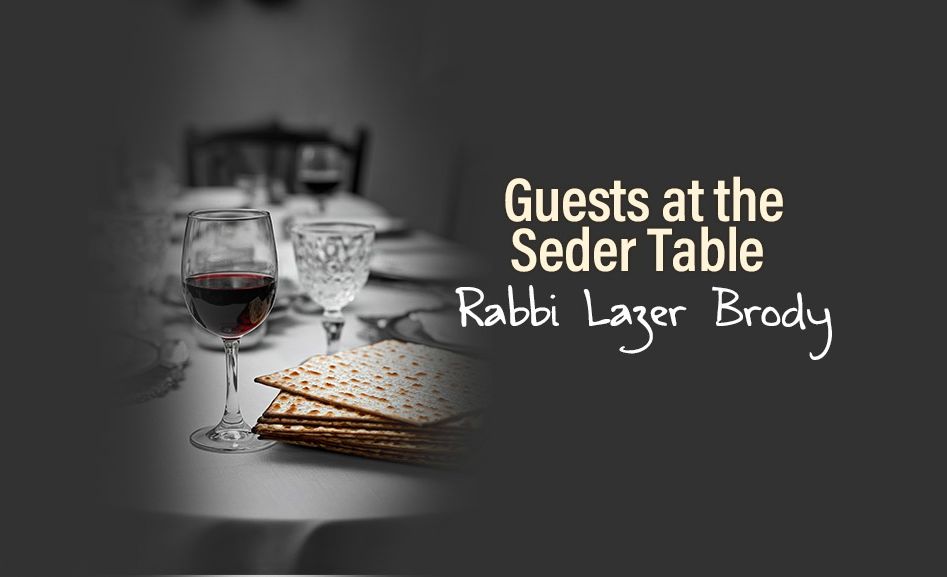



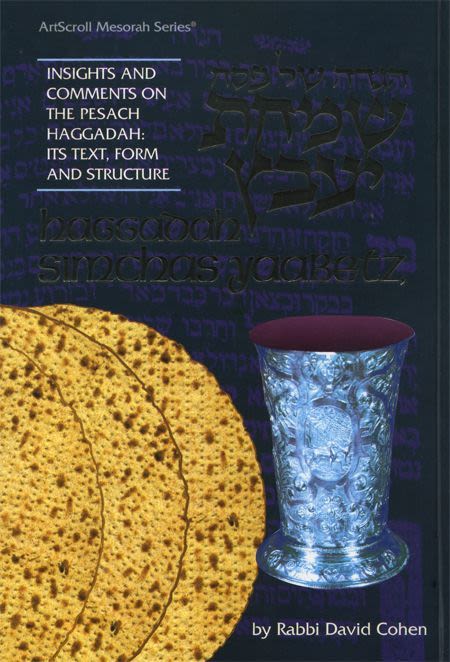
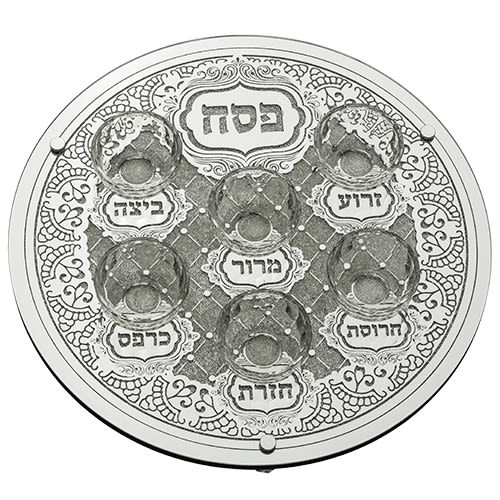
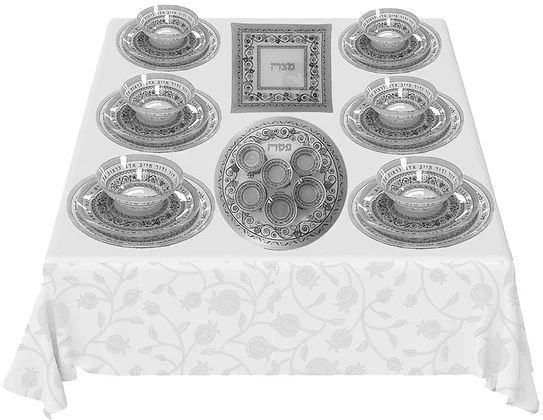
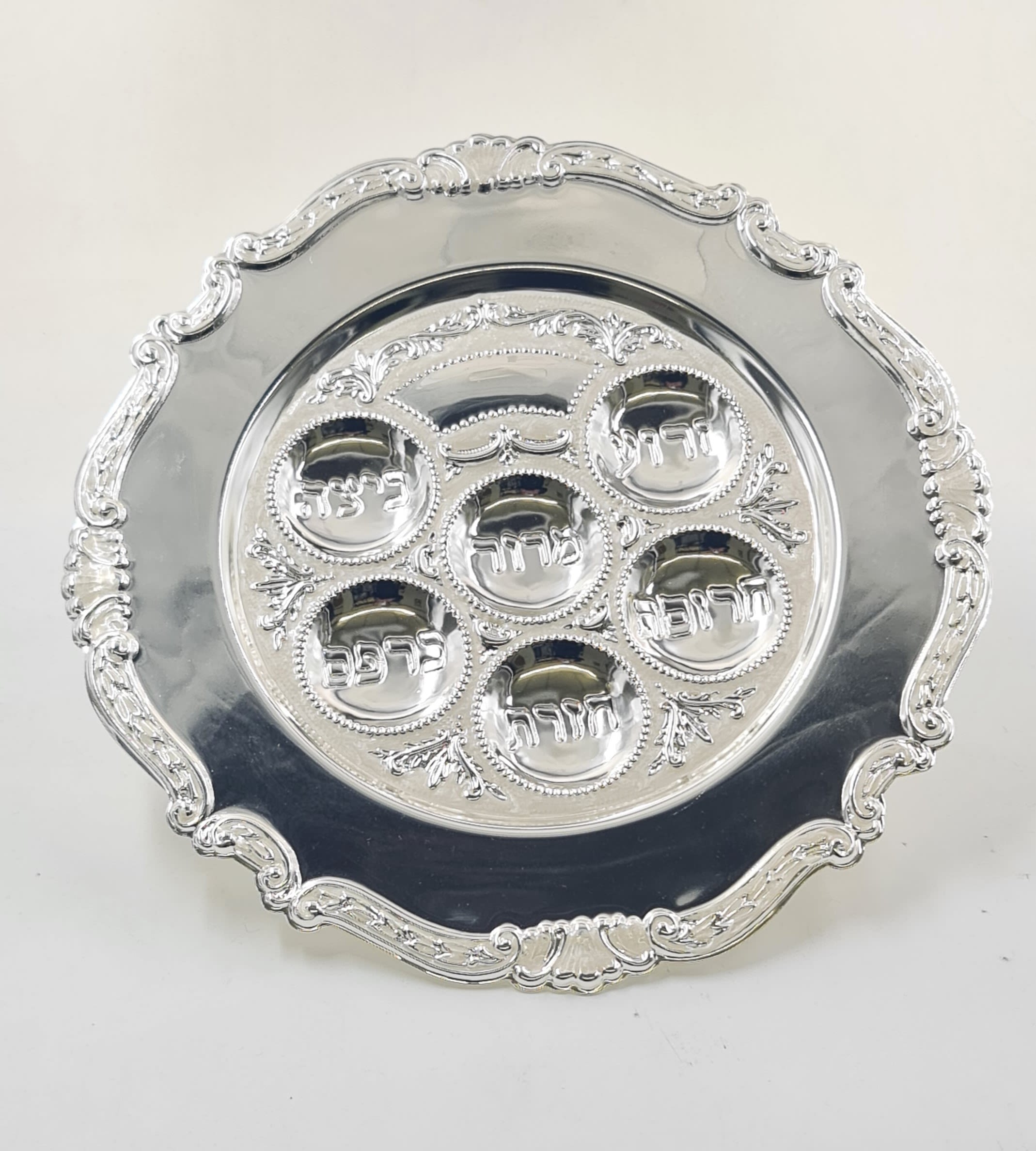
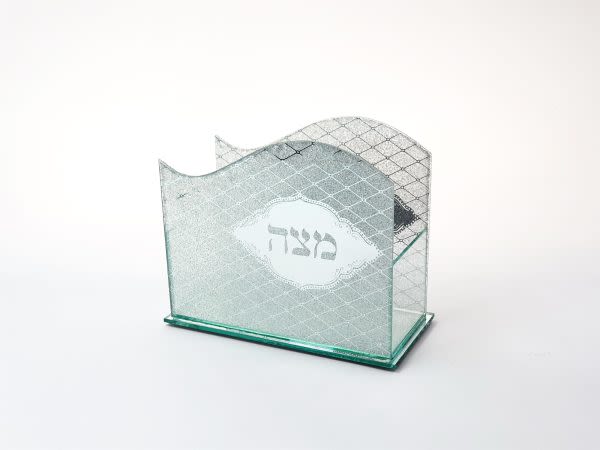

3/28/2022
I love this teaching and will share it at my family seder this year! Thank you!!